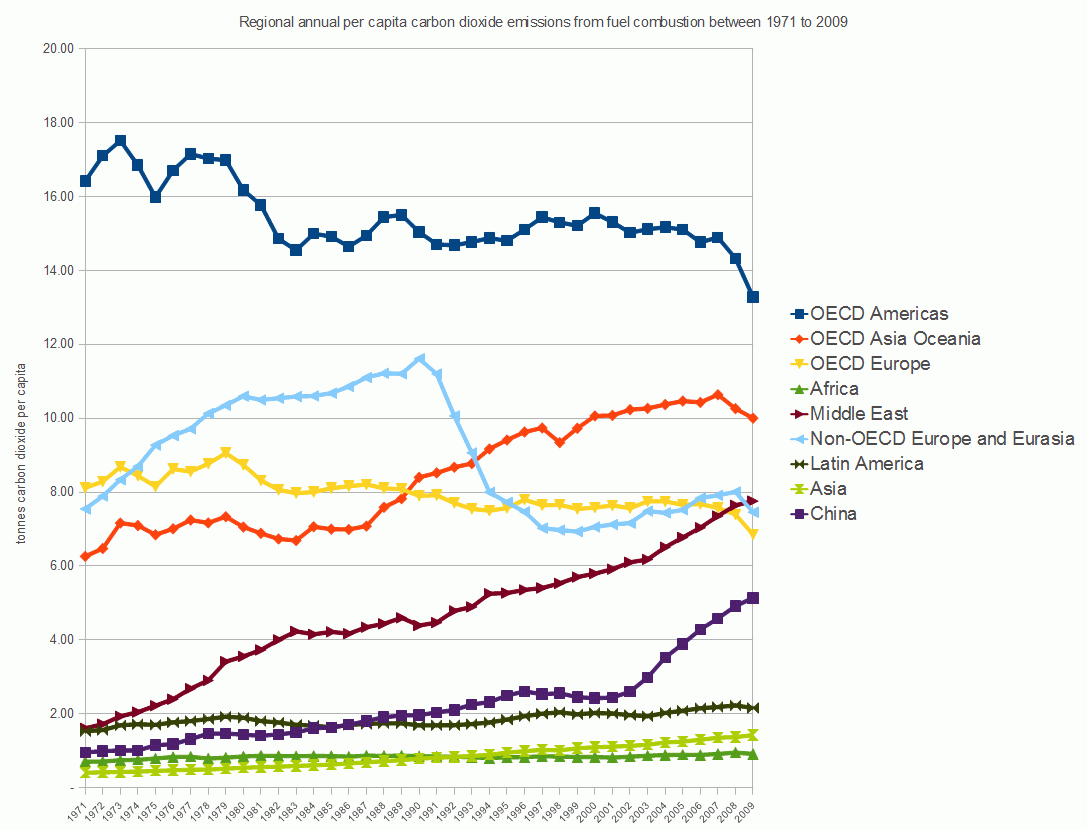Oklahomahawk
Boras' Client
I still don't realize why the Pickens Plan (or something similar) hasn't gotten more support from either party or the American people in general. It would seem to use the best parts of both of you guys' scenarios. First use American energy, oil, especially natural gas as much as possible, meaning we don't have to spend $700B/year (that's what it was when he came up with the plan, I don't know how much we spend now) on foreign oil. Then use wind power as much as possible in the plains states, where the wind is always blowing, use solar as much as possible in the SW where it seems the sun is always shining hot. This would create a TON of jobs for Americans and lessen our dependence on foreign oil even more.
So why does neither side seem to like the Pickens' Plan? Does it mean facing some facts that neither party will admit to? Oh they'll jump at the chance to admit to one of these but they can't stand the possibility of people realizing the other one.
1.) Our solar and/or wind power energy generation and capture/utilization capabilities aren't anywhere near where they need to be and just throwing money into a left crony situation like Solyndra isn't going to change that and/or:
2.) As long as the US oil companies are given nothing less than a dictatorial stranglehold on this country we will NEVER be any closer to energy independence than we are right now because they won't allow it. I can't for the life of me figure out why more people can't or won't see this. Ron Paul talked about "corporate fascism" but he only scratched the surface of what's really going on in this country. Why do we fear one man (W or Obama) getting too much power or one party (Repubs or Dems) having too much power but we either can't see the corporate fascism that has us all by the throats and that they are the ones who own both parties and pull all the strings while keeping us fussing and fighting amongst ourselves instead of uniting to do something about them. Big business is supposed to work FOR us, not the other way around.
So why does neither side seem to like the Pickens' Plan? Does it mean facing some facts that neither party will admit to? Oh they'll jump at the chance to admit to one of these but they can't stand the possibility of people realizing the other one.
1.) Our solar and/or wind power energy generation and capture/utilization capabilities aren't anywhere near where they need to be and just throwing money into a left crony situation like Solyndra isn't going to change that and/or:
2.) As long as the US oil companies are given nothing less than a dictatorial stranglehold on this country we will NEVER be any closer to energy independence than we are right now because they won't allow it. I can't for the life of me figure out why more people can't or won't see this. Ron Paul talked about "corporate fascism" but he only scratched the surface of what's really going on in this country. Why do we fear one man (W or Obama) getting too much power or one party (Repubs or Dems) having too much power but we either can't see the corporate fascism that has us all by the throats and that they are the ones who own both parties and pull all the strings while keeping us fussing and fighting amongst ourselves instead of uniting to do something about them. Big business is supposed to work FOR us, not the other way around.

